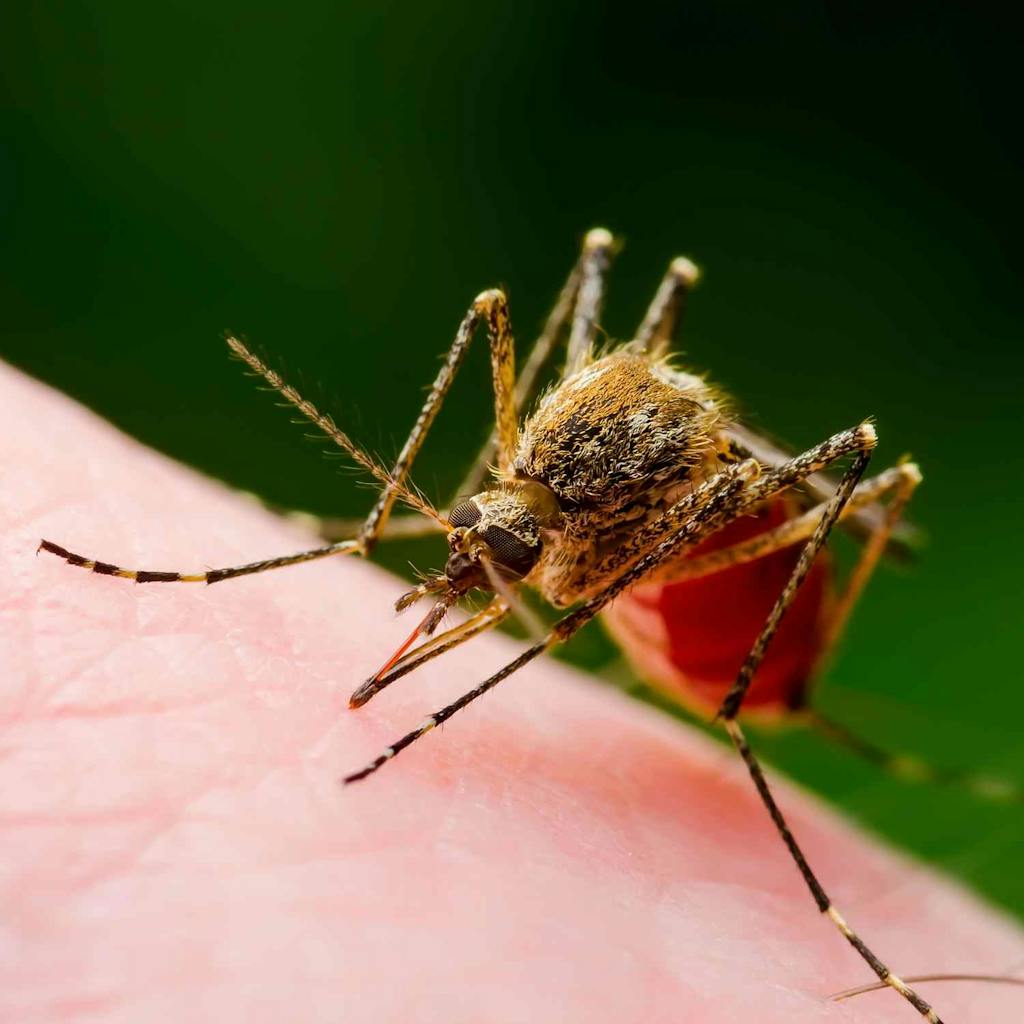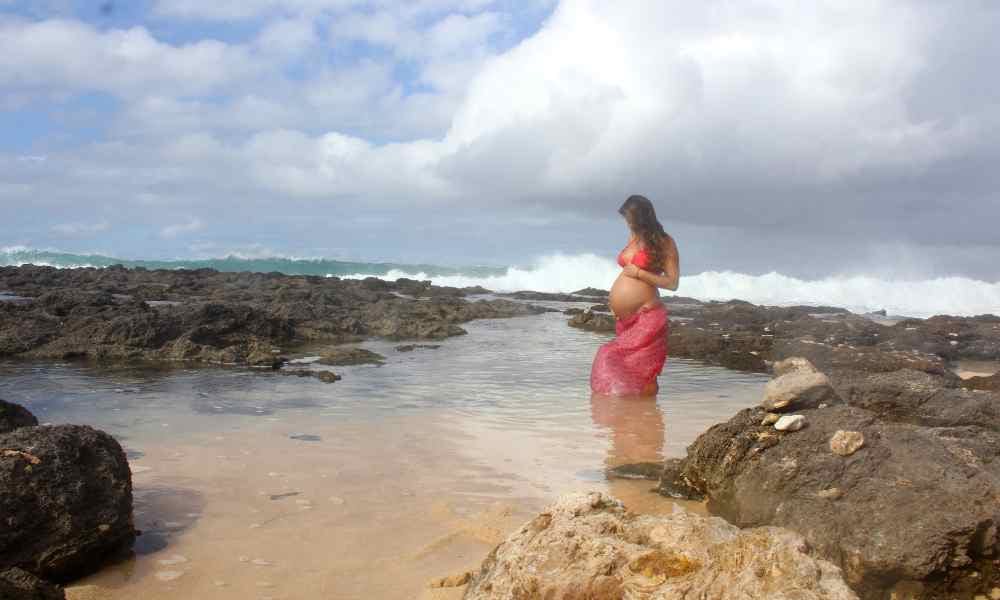Remember when Zika was the big virus dominating the headlines? Though other illnesses have since dominated the news circuit, Zika is still a threat and a problem in certain regions of the world. But what about your vacation to Hawaii? Our tropical environment and prevalent mosquito populations make many visitors and residents fear a Hawaii Zika outbreak.
Here’s what you need to know about the Zika virus and its threat to Hawaii travelers.
What is Zika?
Zika is a viral illness that is primarily spread through mosquitoes. However, it also passes from mother to fetus, through unprotected sex, and blood transfusions.
Most people infected with Zika don’t experience any symptoms, it’s a huge concern for pregnant women, as it can cause malformations for the fetus, miscarriage, or preterm labor.
A small number of adults and children with Zika experience Guillain-Barré syndrome, while others report mild rash and other mild symptoms.
There is no vaccine for Zika.

Is Zika a Threat to Hawaii Travelers?
We have good news to share. So far, Zika does not appear to live in Hawaii. Any cases reported in the islands were acquired during travel outside the country, according to the CDC. There are no known cases of someone acquiring the disease from a mosquito bite in Hawaii.
However, it’s crucial to stay aware of Zika if you’ve recently traveled to a region where the disease does spread. Hawaii is highly susceptible to mosquito-borne illnesses because we have a year-round mosquito season. And the Aedes species of mosquito that carries Zeka is common in the islands.
In the eight years that Zika has been a major concern, Hawaii has not had the disease spread. But travelers who get the disease from other areas and then come to Hawaii could put the islands at risk of an outbreak.
So, you can definitely visit Hawaii without worrying about contracting Zika, but it’s always a good idea to protect yourself from mosquito bites.
The Increasing Threat of Zika
Though Zika isn’t talked about as often anymore, it’s still a major concern for world health workers. Cases began to decline in 2017 but the illness still prevails in the Americas. And many experts fear a resurgence is on the horizon in 2024.
Researchers are amping up efforts for a vaccine, and you should be on the watch for travel advisories if you have any international trips planned.
Or, consider coming to Hawaii, where Zika isn’t currently a threat.
Preventing Mosquito Bites in Hawaii (For Zika and Other Illnesses)

Whether you are concerned about Zika in Hawaii or simply want to avoid pesky bug bites, it’s important to protect yourself from mosquito bites during your vacation.
Cover up and wear insect repellent, especially if you’re going to lush, rainy areas of the islands. Forested hikes, shady picnics, and waterfall overlooks are all hotspots for mosquito bites.
We actually recommend long pants for any Hawaii hike. Not only will they keep bugs off your legs, but they also help protect you from scratchy tree limbs and add a layer of protection if you slip and fall.
So while you don’t need to stress over Zika while in Hawaii, you should definitely try to prevent mosquito bites. You don’t want to be scratching your legs and arms all through your beach day, romantic dinner, or twilight luau.
How You Can Prevent a Spread of Zika in Hawaii
So, what’s a visitor to do? Believe it or not, YOU are actually our best defense against the Zika virus in Hawaii. Since it’s most likely any outbreak would stem from an outside source, it’s important you postpone or cancel your plans to visit Hawaii if you have any symptoms that might be from the Zika virus.
And, once here, visitors should cover-up and use insect repellent.
An additional layer of protection? Before you book any Hawaii activities, talk to your tour professional about places that might be experiencing an outbreak, and avoid those areas. The folks at Hawaii Aloha Travel will be “in the know” if there is an outbreak in Hawaii.
So far, Hawaii has been fortunate not to have any “home-grown” cases of Zika virus. So, let’s keep it that way!




